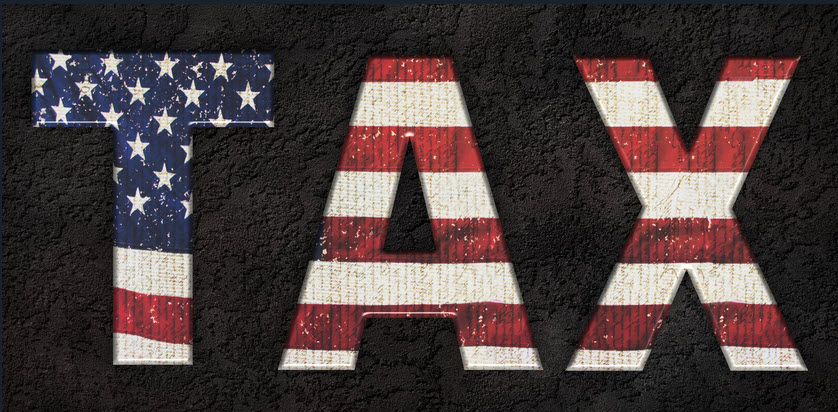The 2017 Tax Cuts and Jobs Act or TCJA has a number of important segments presently scheduled to expire on December 31, 2025. How does the TCJA sunset affect business taxation going forward? What planning could be accomplished to prepare for developments down the road? How likely is it for Congress to step in and preserve part or all of the commercial tax sunset provisions within the TCJA?
There were substantial changes in the Tax Cuts and Jobs Act to reduce business tax rates across the board, and to incentivize small businesses and those who owned qualifying real estate. The US corporate tax rate was chopped from the top 2017 rate of 35% to a flat corporate tax of 21%. The good news for US corporate interests is this provision of the TCJA is not scheduled to sunset like many of the other provisions within the Act.
However, the TCJA also provided a “Qualified Business Income (QBI) Deduction of 20% for those who owned passthrough entities such as S Corporations and specific types of partnerships, as well as sole proprietors. This positively impacted the taxable income of a large segment of corporate taxpayers. This clause of the TCJA is presently scheduled to end December 25, 2025.
How does the TCJA sunset affect business taxation going forward for those taking qualified depreciation bonuses established in the 2017 Act? While this provision of the TCJA is quite complex, the applicable percentages of the bonus deduction for depreciation bear some scrutiny. Prior to the TCJA, businesses could only deduct first year depreciation on purchases of new property. The TCJA allowed business taxpayers to apply a 100% bonus depreciation on specific qualified property (such as fixtures, furnishings, vehicles, machinery) on acquisitions after September 27, 2017 through 2022.
Last year (2023), the bonus depreciation deduction dropped to 80% for property placed in service on or after January 1, 2023 until December 31, 2023. This year the schedule allows for a 60% bonus depreciation deduction and it is scheduled to drop to 40% next year, 20% in 2026 and return to 0% for 2027.
In addition, the TCJA allowed the bonus depreciation deduction on used acquisitions as long as the property wasn’t acquired from a related entity. These deductions are scheduled to sunset and cuts are already underway.
Many business owners lauded the impact of the TCJA on the Alternative Minimum Tax or AMT. The 2017 Act repealed AMT for corporations. In addition the TCJA permits corporate entities to use any Minimum Tax Credit (MTC) to offset regular corporate tax liability. The corporation’s MTC became 50% to 100% refundable for tax years after 2017 until 2022. The Inflation Reduction Act of 202 imposed a 15% AMT on adjusted corporate income above $1 billion (averaged over 3 years) effective January 1, 2023. Refer to IRS Notice 2023-64 for additional information regarding corporate AMT, and how might the TCJA sunset affect business taxation going forward.
This is why it is important to consult your tax attorney and begin domestic tax planning and international tax planning for your corporate entity for 2025 and beyond. The Qualified Business Income deduction of 20% for qualified entities will end with tax year 2025. Bonus depreciation is sunsetting. Is it important to accelerate income and acquisitions prior to future drops in bonus depreciation and the potential end of TCJA benefits? How will Congress address limitations on the business interest expense deduction (depreciation, amortization and depletion)? How have changes regarding Research and Experimental Expenditures (known as “R&E”) and the spread of those expenses over a period of years impact tax planning going forward?
It is interesting to note the US Small Business Administration recently disclosed that more than 27 million of the small corporate entities in the United States have no employees. This resulted in the implementation of the “Corporate Transparency Act” which took effect January 1, 2024 requiring owners of all small domestic corporate entities and those offshore entities that conduct business within the boundaries of the United States and/or US territories to disclose individual ownership interest by the end of the year (for those companies formed prior to January 1, 2024).
Does this reporting have anything to do with and will it impact Congressional decisions upon QBI deductions and AMT going forward? How does the TCJA sunset affect business taxation going forward? What planning could be accomplished to prepare for developments down the road? We invite you to learn more about the integrated tax, legal, accounting and business consulting services of Allen Barron and contact us or call today to schedule a free consultation at 866-631-3470.

